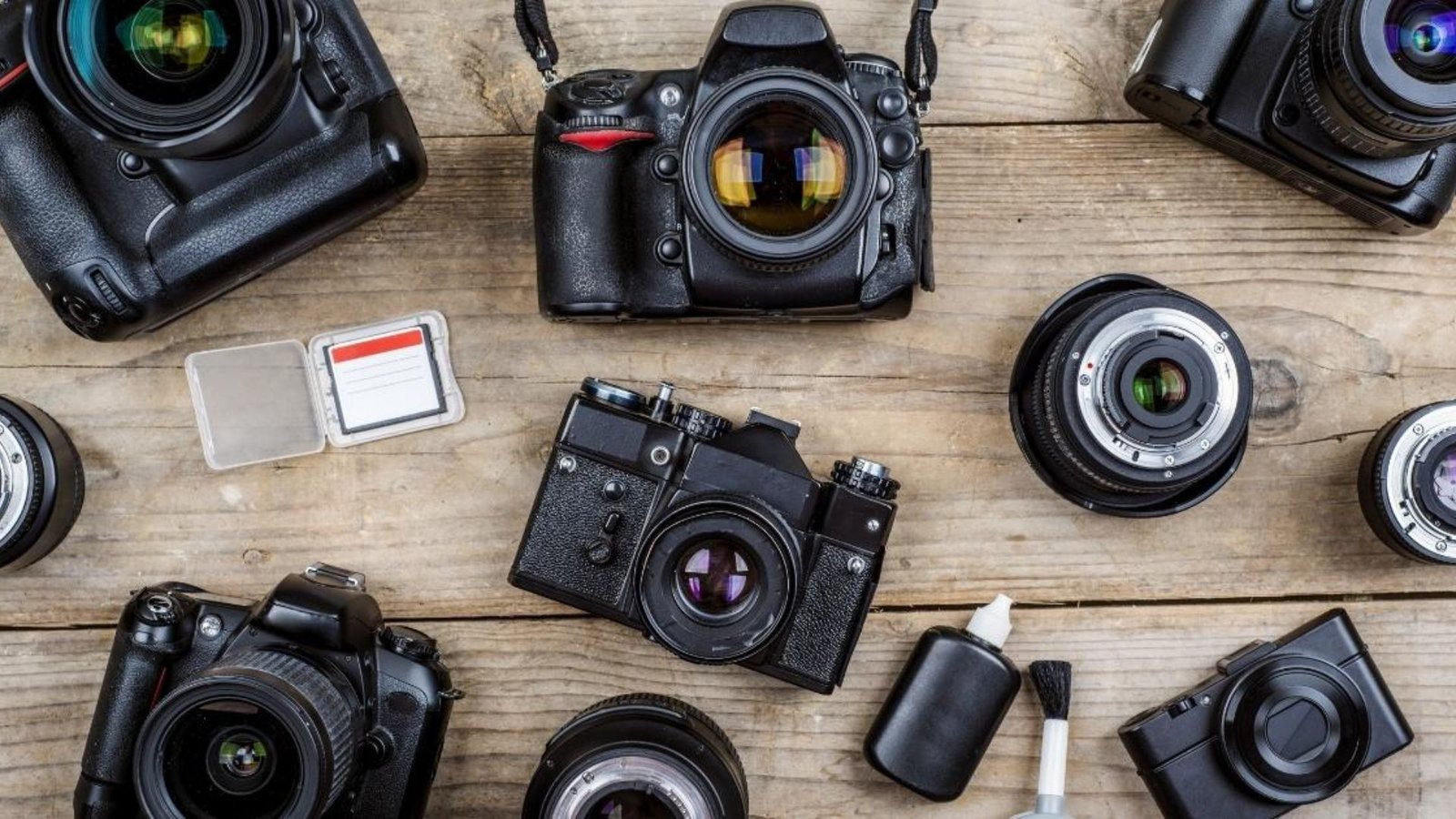Photography is an art that combines technical skills with creativity. To capture stunning images, photographers must master several essential skills. Here’s a guide to the key photography skills every photographer should learn.
1. Understanding Exposure
Exposure determines how light or dark your image appears. It involves mastering three key components: aperture, shutter speed, and ISO. Aperture controls the depth of field, or how much of your image is in focus. Shutter speed affects how motion is captured, while ISO adjusts the camera’s sensitivity to light. Mastering these elements ensures well-exposed photos in various lighting conditions.
2. Mastering Composition
Composition involves arranging elements within the frame to create a visually appealing image. Key techniques include the rule of thirds, leading lines, and framing. The rule of thirds helps place the subject off-center for a balanced look. Leading lines guide the viewer’s eye toward the subject. Framing uses natural elements to surround and highlight the subject. Good composition enhances the overall impact of your photos.

3. Learning to Use Lighting
Lighting can make or break a photograph. Understanding natural and artificial light is crucial. Natural light varies throughout the day, affecting your images differently. For example, soft morning light creates a gentle glow, while harsh midday light can cause strong shadows. Artificial light includes flash and studio lighting, which you can control for consistent results. Mastering lighting techniques helps create mood and emphasizes your subject.
4. Focusing Techniques
Sharp focus is essential for clear photos. Different focusing techniques, such as autofocus and manual focus, help achieve this. Autofocus is useful for quick shots and moving subjects. Manual focus allows precise control, especially in low light or macro photography. Understanding how to use both techniques effectively ensures sharp and well-defined images.
5. Using Camera Settings
Familiarize yourself with your camera’s settings and controls. Learn how to adjust white balance, metering modes, and focus points. White balance adjusts color temperature to match the light source. Metering modes determine how the camera measures light for exposure. Focus points help select which part of the scene is in focus. Knowing how to use these settings effectively helps you adapt to different shooting conditions.
6. Editing Skills
Post-processing enhances your photos after capturing them. Basic editing skills, such as cropping, adjusting exposure, and color correction, are essential. Software like Adobe Lightroom or Photoshop allows you to fine-tune your images. Learning how to edit improves the final look of your photos and corrects any issues from the shoot. Editing also lets you add a personal touch to your images.
7. Understanding Depth of Field
Depth of field (DOF) refers to the range of distance in a photo that appears sharp. A shallow DOF isolates the subject from the background, creating a blurred effect. A deep DOF keeps everything in focus, ideal for landscapes. Control DOF by adjusting the aperture setting. Understanding DOF helps you achieve the desired effect in your photos.
8. Developing a Unique Style
Developing a unique style sets you apart from other photographers. Experiment with different techniques and subjects to find what resonates with you. Analyze the work of other photographers for inspiration, but always strive to add your personal touch. A distinctive style reflects your vision and attracts viewers to your work.
9. Practicing Patience and Observation
Patience and observation are key to capturing the perfect shot. Wait for the right moment and pay attention to details. Observe how light changes and how it affects your subject. Patience helps you capture spontaneous moments and ensures that you don’t miss important shots. Being observant allows you to notice unique angles and compositions.
10. Continuously Learning and Experimenting
Photography is an evolving field with new techniques and technology emerging regularly. Stay updated with the latest trends and continuously seek to improve your skills. Attend workshops, read photography books, and practice regularly. Experiment with different genres and styles to grow as a photographer. Continuous learning keeps your work fresh and innovative.
Mastering these essential photography skills will enhance your ability to capture stunning images. By understanding exposure, composition, lighting, and more, you can create photos that stand out. Keep practicing and experimenting to refine your skills and develop your unique style. Happy shooting!










